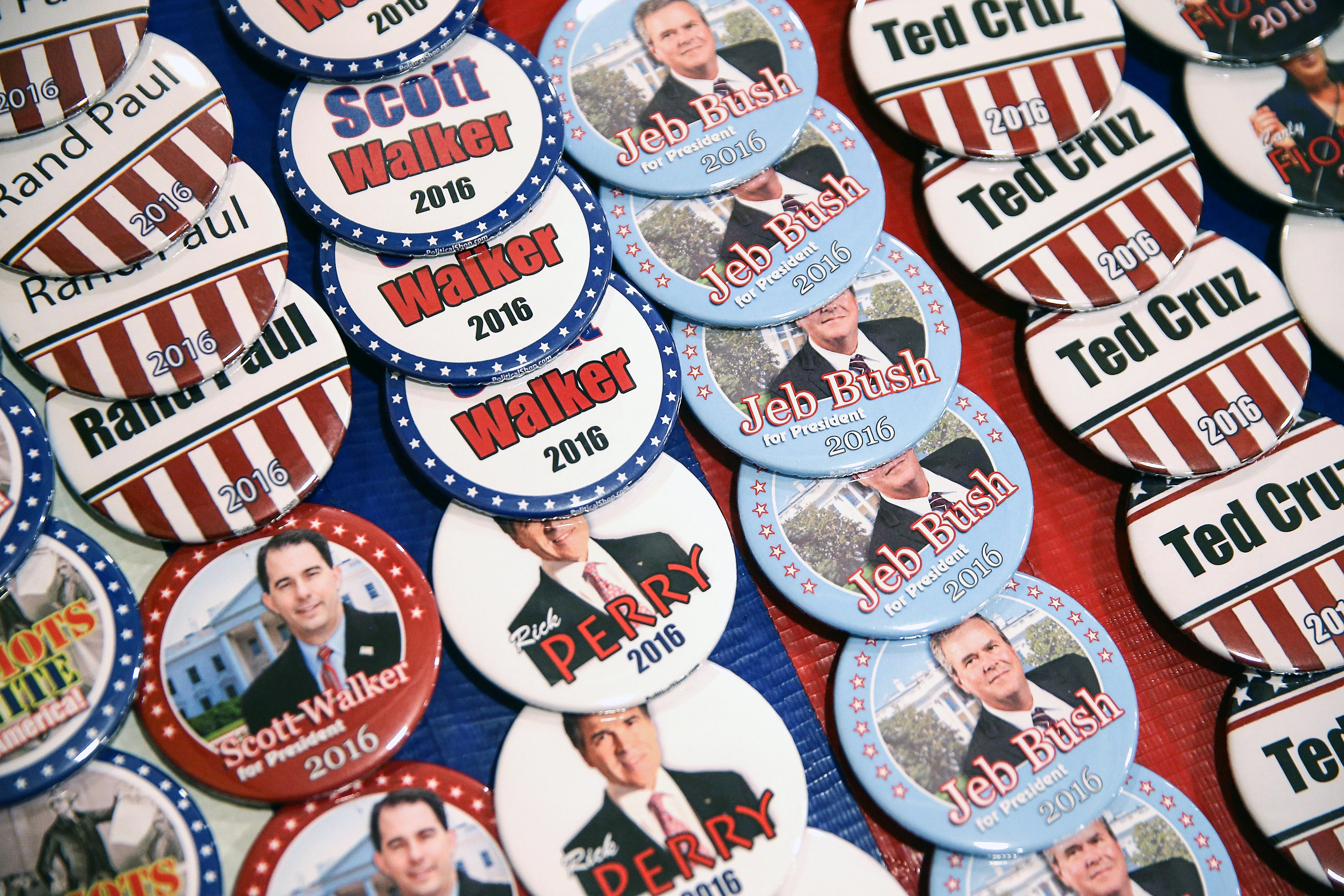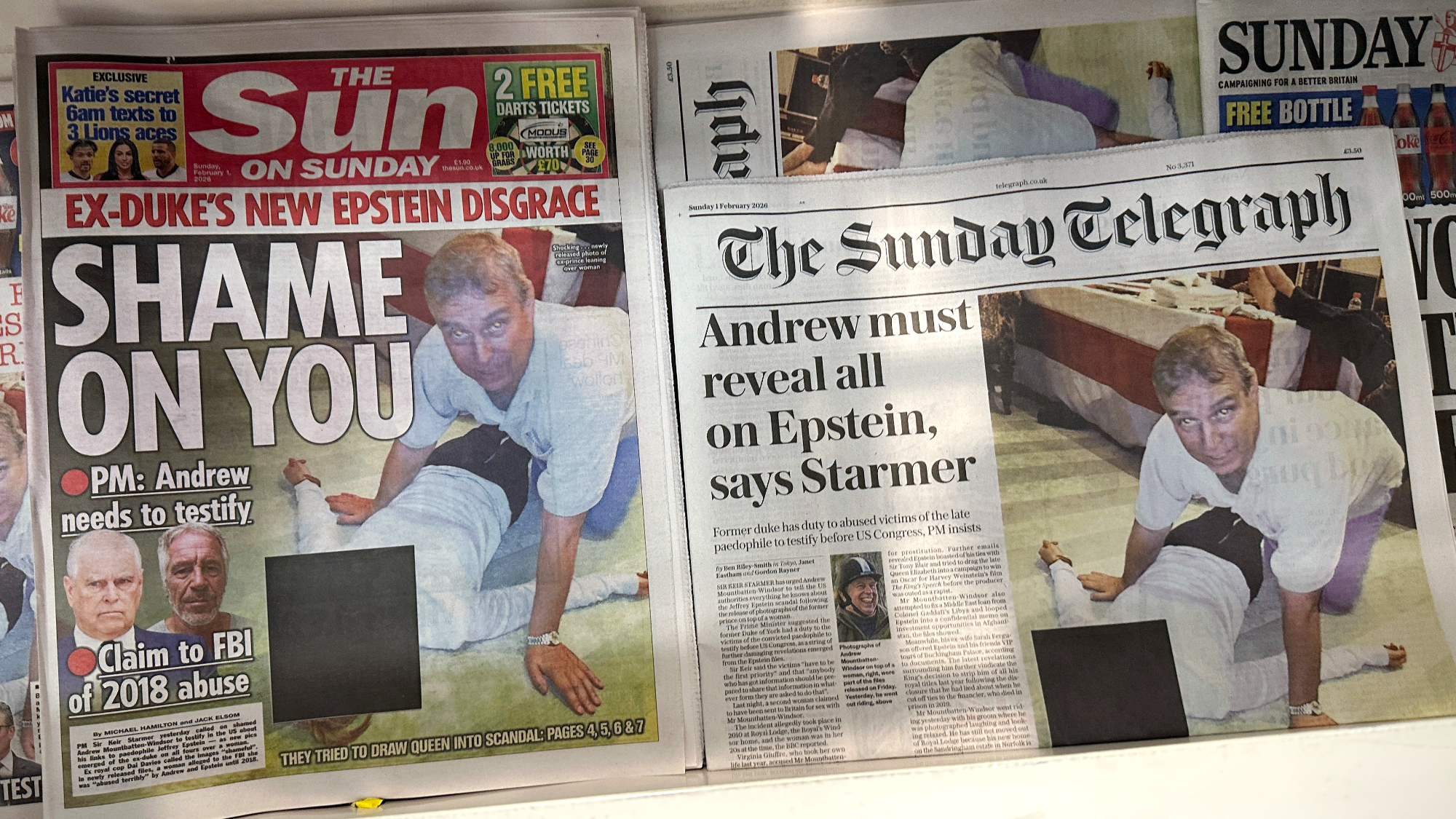The 2016 campaign is a reminder that elections are unpredictable — and that's a good thing
Three cheers for knowing nothing!


In recent years, political scientists and reporters have engaged in a running debate about whether general election campaigns for president actually matter. The scholars who specialize in these models will tell you that with a few pieces of data, particularly on the economy, you can predict with a fair degree of accuracy what the final result will be. All the rest of it — the speeches, the handshaking, the ads, the debates, the daily micro-controversies — is, as Macbeth said, sound and fury, signifying nothing.
The reporters, to whom this sounds a lot like "Everything you spent the last two years thinking and writing about is meaningless," counter that the point here or there that the models can't account for can make the difference in who gets elected, and furthermore, the glory of democracy can often be found more in the journey than the destination.
But even if you were to accept the basic argument that the political scientists make — that big factors outside the candidates' control, like the state of the economy, are what really make the difference in a general election — primaries are a whole other story. Sometimes they have predictable contours, and it's an exaggeration to say that anything can happen. But there's no statistical model that would account for something like Donald Trump's success.
The Week
Escape your echo chamber. Get the facts behind the news, plus analysis from multiple perspectives.

Sign up for The Week's Free Newsletters
From our morning news briefing to a weekly Good News Newsletter, get the best of The Week delivered directly to your inbox.
From our morning news briefing to a weekly Good News Newsletter, get the best of The Week delivered directly to your inbox.
And if the 2016 campaign has taught us anything, it's that in a presidential primary, you really have no way of knowing what might occur. Before things got moving, those of us who follow politics closely thought we knew a whole bunch of things that turned out not to be true. Let's look at just a few of them:
1. Jeb Bush was going to shock and awe
Jeb Bush, the favorite of party brahmins and Wall Street fat cats, was supposed to be a hugely formidable candidate. Remember when he was going to raise $100 million in a "shock and awe" fundraising campaign that would be so intimidating that other candidates might just drop out of the race in the face of its terrifying majesty? Well he raised the $100 million, but no one seemed shocked or awed. As a campaigner he's proven decidedly underwhelming, and he now sits in third place, with support in the single digits.
2. Scott Walker could unite the Republican Party
A free daily email with the biggest news stories of the day – and the best features from TheWeek.com
Scott Walker was supposed to be the one candidate who could unite all the Republican Party's factions, from the economic conservatives (love that union busting!) to the social conservatives (he's an evangelical and the son of a Baptist minister). With a record of fighting Democrats and getting elected and reelected in a purple state, he seemed ready to leap to the national stage, and sprinted to an early lead in Iowa polls. But now conservative magazines are running articles with headlines like "Scott Walker: What Went Wrong?" and Walker spends his time on the trail trying to convince voters that his candidacy is not yet dead.
3. Hillary Clinton was invincible
Hillary Clinton was supposed to be so invincible that no one would even bother to run against her, or if they did, it would only be weirdos like Jim Webb and Lincoln Chafee running inexplicable campaigns. She's probably still going to win, but it turns out there was a healthy desire in the Democratic Party for someone like Bernie Sanders.
4. Donald Trump was too flawed
Donald Trump's flirtation with running for president was supposed to be just attention-seeking, and he'd never actually go through with it. And if he did, few Republicans would support him. And then he'd plummet once he started saying outrageous things. And then Republicans would turn away from him once they realized he isn't a loyal Republican. And then...well, you know what happened.
There are a whole lot of other things that on paper looked likely, but didn't come to pass. On paper, Marco Rubio seems like the strongest general election candidate, which voters would surely realize. On paper, Ben Carson's candidacy makes no more sense than Trump's. On paper, Bobby Jindal looks like a strong candidate. But campaigns aren't run on paper.
Before it's over, this campaign will have at least a couple more dramatic developments, like a candidate who is now floundering shooting up into contention, getting all kinds of press attention, and winning new support from lots of voters. And then maybe falling right back down, or maybe not. It's possible that after a whole lot of momentarily interesting twists and turns, it will end up right where it started, with Clinton and Bush the two nominees, who will wage a rather dull general election whose victor will be determined by whether the economy is doing well a year from now.
But all the crazy stuff that happens along the way is what gives politics the brio that makes us pay attention. It's the characters you love and the ones you hate, the strategies and subplots, the surprising successes and spectacular flame-outs, all the things that propel the campaign along. It's a mistake to think that those things are particularly consequential in the long run, or that they're more important than what the candidates plan to actually do if they make it to the White House. But its inherent unpredictability is what makes politics so interesting. I mean, c'mon — Donald Trump? Leading the Republican field? Are you kidding me?
So when you're tempted to despair over the state of our politics, as well you might, thank the stars that at least we get to experience primary campaigns like this one. Whatever you might say about it, it hasn't been boring.
Paul Waldman is a senior writer with The American Prospect magazine and a blogger for The Washington Post. His writing has appeared in dozens of newspapers, magazines, and web sites, and he is the author or co-author of four books on media and politics.
-
 New Epstein files dump strains denials of elites
New Epstein files dump strains denials of elitesSpeed Read Fallout from the files has mostly occurred outside the US
-
 Will Peter Mandelson and Andrew testify to US Congress?
Will Peter Mandelson and Andrew testify to US Congress?Today's Big Question Could political pressure overcome legal obstacles and force either man to give evidence over their relationship with Jeffrey Epstein?
-
 Moltbook: the AI social media platform with no humans allowed
Moltbook: the AI social media platform with no humans allowedThe Explainer From ‘gripes’ about human programmers to creating new religions, the new AI-only network could bring us closer to the point of ‘singularity’
-
 The billionaires’ wealth tax: a catastrophe for California?
The billionaires’ wealth tax: a catastrophe for California?Talking Point Peter Thiel and Larry Page preparing to change state residency
-
 Bari Weiss’ ‘60 Minutes’ scandal is about more than one report
Bari Weiss’ ‘60 Minutes’ scandal is about more than one reportIN THE SPOTLIGHT By blocking an approved segment on a controversial prison holding US deportees in El Salvador, the editor-in-chief of CBS News has become the main story
-
 Has Zohran Mamdani shown the Democrats how to win again?
Has Zohran Mamdani shown the Democrats how to win again?Today’s Big Question New York City mayoral election touted as victory for left-wing populists but moderate centrist wins elsewhere present more complex path for Democratic Party
-
 Millions turn out for anti-Trump ‘No Kings’ rallies
Millions turn out for anti-Trump ‘No Kings’ ralliesSpeed Read An estimated 7 million people participated, 2 million more than at the first ‘No Kings’ protest in June
-
 Ghislaine Maxwell: angling for a Trump pardon
Ghislaine Maxwell: angling for a Trump pardonTalking Point Convicted sex trafficker's testimony could shed new light on president's links to Jeffrey Epstein
-
 The last words and final moments of 40 presidents
The last words and final moments of 40 presidentsThe Explainer Some are eloquent quotes worthy of the holders of the highest office in the nation, and others... aren't
-
 The JFK files: the truth at last?
The JFK files: the truth at last?In The Spotlight More than 64,000 previously classified documents relating the 1963 assassination of John F. Kennedy have been released by the Trump administration
-
 'Seriously, not literally': how should the world take Donald Trump?
'Seriously, not literally': how should the world take Donald Trump?Today's big question White House rhetoric and reality look likely to become increasingly blurred
